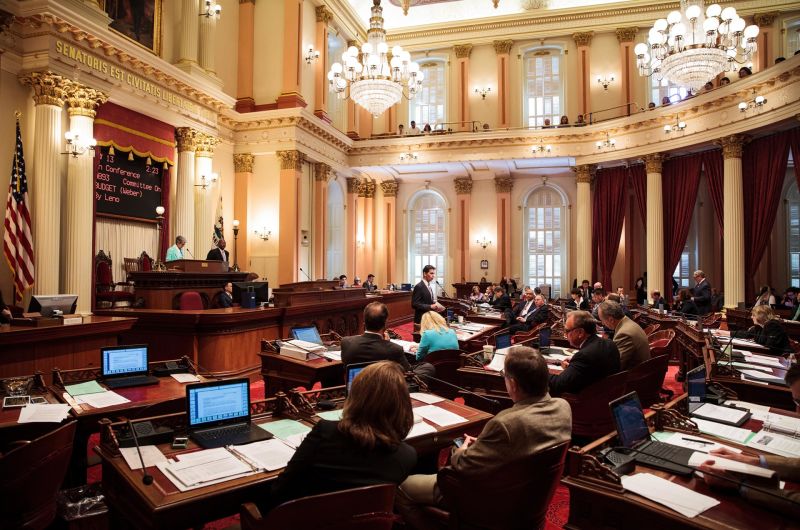That campaign helped kill a provision of legislation last year that would have required Californians to decrease their gas consumption by 50 percent over the next 15 years.
Jodi Remke, chair of the FPPC, said the current definition of lobbying is too narrow to provide the public and regulators a complete sense of what special interest groups are doing.
"To be a lobbyist and to fall under (current) reporting requirements, you have to have direct communication with public officials. But these special interest groups spend a lot of money on everything else outside direct communication ... trying to get the public to turn around and influence the public officials," she said.
Remke notes that the amount of money spent on this "indirect" lobbying has exploded, in both sheer numbers and as a percentage of overall lobbying spending. For example, in 2000 the 10 groups that spent the most on lobbying in California shelled out around $6.3 million on these other payments to influence -- about half of their total spending. By 2014, that number had grown to $24.5 million, or nearly 70 percent of their overall lobbying spending.
Here is a summary of expenditures by the top 10 lobbyist employers in 2014, released by the FPPC:
| Lobbyist Employer |
Total Lobbying Reported |
'Other Payments' |
Percent of Total Reported as 'Other Payments' |
| Western States Petroleum Association |
$8,883,933.07 |
$7,201,681.16 |
81% |
| CA State Council of Service Employees |
$5,879,429.69 |
$4,642,198.10 |
79% |
| Chevron Corp. and its subsidiaries |
$4,306,915.95 |
$2,989,241.48 |
69% |
| CA Chamber of Commerce |
$3,930,691.95 |
$3,036,397.68 |
77% |
| CA Hospital Assn. and CA Assn. of Hospitals and Health Systems |
$2,970,619.30 |
$1,016,150.41 |
34% |
| Kaiser Foundation Health Plan Inc. |
$2,802,720.21 |
$1,579,125.48 |
56% |
| Pacific Gas & Electric Co. |
$1,645,486.32 |
$1,150,645.43 |
70% |
| CA Medical Association |
$1,902,829.79 |
$496,399.86 |
26% |
| CA School Employees Association |
$1,770,413.30 |
$1,162,494.00 |
66% |
| CA Manufacturers and Technology Association |
$1,653,416.01 |
$1,298,531.68 |
79% |
That top 10 list includes labor and business groups, led by the Western States Petroleum Association, which spent $8.8 million on lobbying in 2014. The next-highest spender was the California State Council of Service Employees, which shelled out $5.8 million overall.
Remke said the change is important because it will increase transparency and also give regulators a better sense of whether special interest groups are complying with lobbying laws overall.
